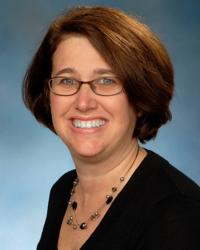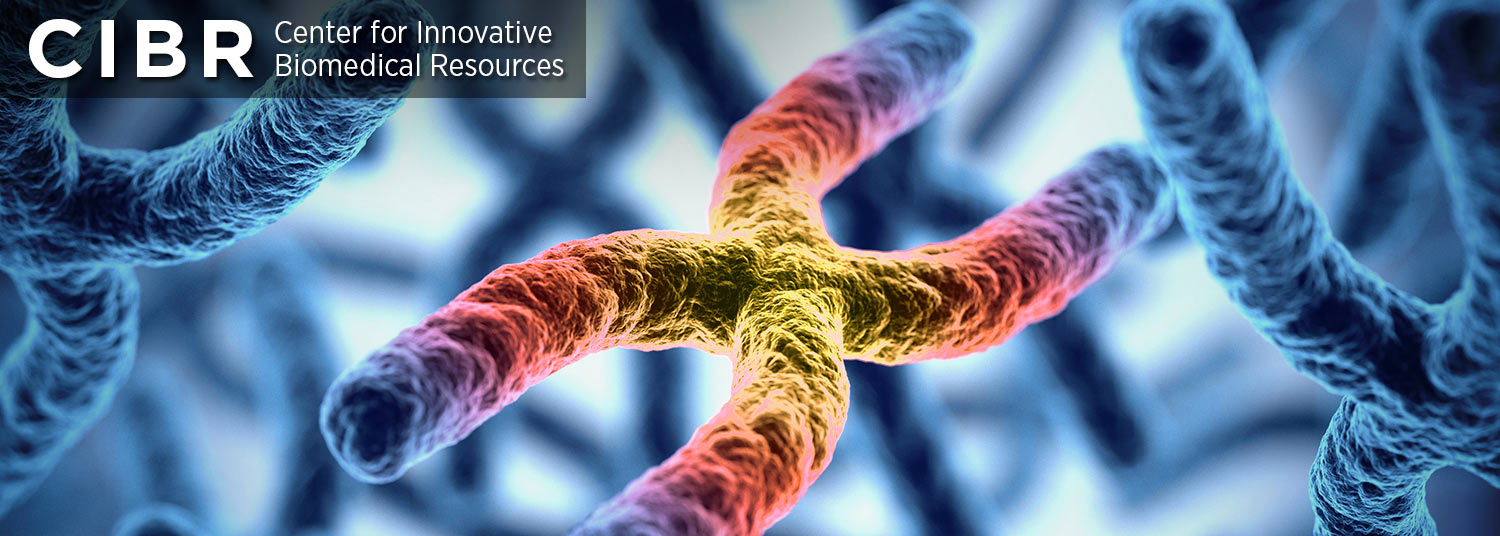Visit Pathology Genetics Website

CONTACT:

Erin Thompson Stroval, PhD
Director
estrovel@peds.umaryland.edu
LOCATION:
22 S. Greene Street
5th floor
Baltimore, MD 21201
HOURS:
Monday through Friday
7:00am - 5:00pm
PHONE:
Office: (410) 328-6749
Email: genetics@som.umaryland.edu
MISSION:
The University of Maryland Children's Hospital offers a number of resources for patients seeking genetic evaluation, genetic counseling and testing.
The Children's Hospital has biochemical genetics and cytogenetics laboratory testing on-site, as well as close relationships with DNA and other diagnostic labs around the country.
How Genetics Can Help
New genetic advances make it possible, in many cases, to offer new strategies for management and increasingly effective treatment of genetic disorders, whether they affect one person or multiple members of a family.
"Genetic counseling and testing can help predict the chances that a couple's future children may inherit a genetic disorder, but the field is much wider than that," explains Carol Greene, MD, FAAP, FACMG, Director of the Pediatric Genetics Clinic and Co-Director of the Center for Genetics and Personalized Medicine. "We see patients of any age – before they are born, at birth, in childhood, as teenagers and adults. We help families understand the cause and effects of a variety of conditions, and in some cases, determine the likelihood that other siblings could be affected."
SERVICES:
Advancements in Genetics
Genetic testing has doctors increasingly powerful tools to understand changes in genes that cause or contribute to all sorts of problems in health and development. Evaluations still begin by looking for clues in health and family history.
Genetic testing also opens doors surrounding treatment options. "One of the biggest misconceptions in genetics is that people think their fate is sealed, and there's nothing a geneticist can do to help. That is not true. We may not be able to change our genes, but it is possible to find solutions for management, including new and leading-edge treatments," Dr. Greene notes.
In addition, advancements in genetics make it possible to give families more information. "We've always been able to talk with families about the genetics of autism," Dr. Greene explains. "Now we're able to find specific causes in some families.

